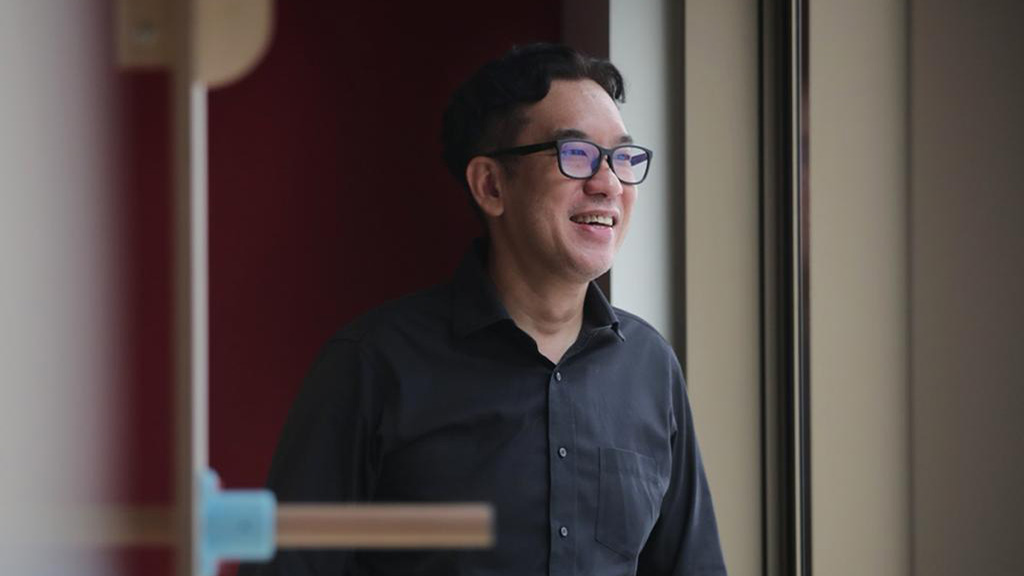It has been almost two years since the pandemic started and we have been living with lockdowns, travel restrictions, and a sense of anxiety around us. Working from home has been pretty much the norm or default these days. As we look forward towards a fully vaccinated society, I mull over what has transpired and what I personally experienced these two years.
Fatigued? Take a break!
Even before the pandemic, working from home has always been my preferred choice as it allowed me some personal time and space to think and get things done privately, away from the hustle and bustle of an office environment. However, this period of extended work from home has seen me not able to differentiate between work and personal time. This has inevitably had me working for almost 12 hours per day non-stop, having lunch at my desk and late dinners just before turning in for the night. Then it repeats itself the following day, with back-to-back zoom meetings, follow-up on emails, and various administrative tasks. This has certainly taken a toll on my mental health, finding myself feeling constantly mentally fatigued.
I’m not alone on this and even Eric Yuan, CEO and founder of Zoom, has zoom fatigue. Thankfully, just like Eric Yuan who made sure to cut back on his nonstop online meetings, I have recognised this problem, and have been making conscious decisions to manage my time better, reducing back-to-back meetings and ensuring time is set aside apart from just work.
Switch off with physical and mental exercises
The changes I have made were to put in physical exercises during the day to create breaks in between work. Firstly, I do high-intensity interval training before lunch and then do short 3km runs in the evenings before dinner. I found this helpful, especially when my mind is racing with lots of thoughts and stress levels are high.
Expending the energy built up mentally really helps to calm down the mind before the end of the night, where I end it with some meditative music, occasionally masterclasses by Jon Kabat-Zinn on meditation and mindfulness or just quiet time to discipline my thoughts to switch off.
Knowing, and managing
So, how do we know? How do we know that we are having some mental issues, burnout, are overly stressed, have anxiety, or are even depressed? When we are physically ill and with symptoms, we see a doctor to get a diagnosis or treatment. However, with mental issues, how do we know? How do we manage?
Neeuro, the Singapore-based global company focused on digital therapeutics for brain fitness and agility, which I co-founded, has come up with solutions to help strengthen our brains. In my case, the fatigue and stress I was going through due to the pandemic, has reminded me that one’s mental health condition may be measured and managed properly.
Can we measure our mental health condition with electroencephalogram or EEG? How do we know if we are getting better?
In the second of this three-part series, I will discuss the importance of measuring brainwaves, understanding, and then managing through machine learning algorithms that give feedback on your mental state.
Realizing I am one of possibly millions who have gone through mental health challenges because of the unexpected severity of the pandemic effects, has further pushed me to design and develop better solutions to address and strengthen our brain health, especially and including using electroencephalogram (EEG) for a healthier mind.
Have a very Merry Christmas, and a healthy and happy New Year!






Leave a Comment